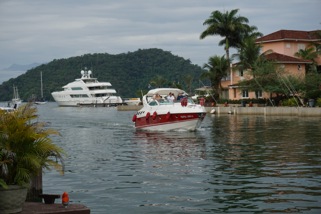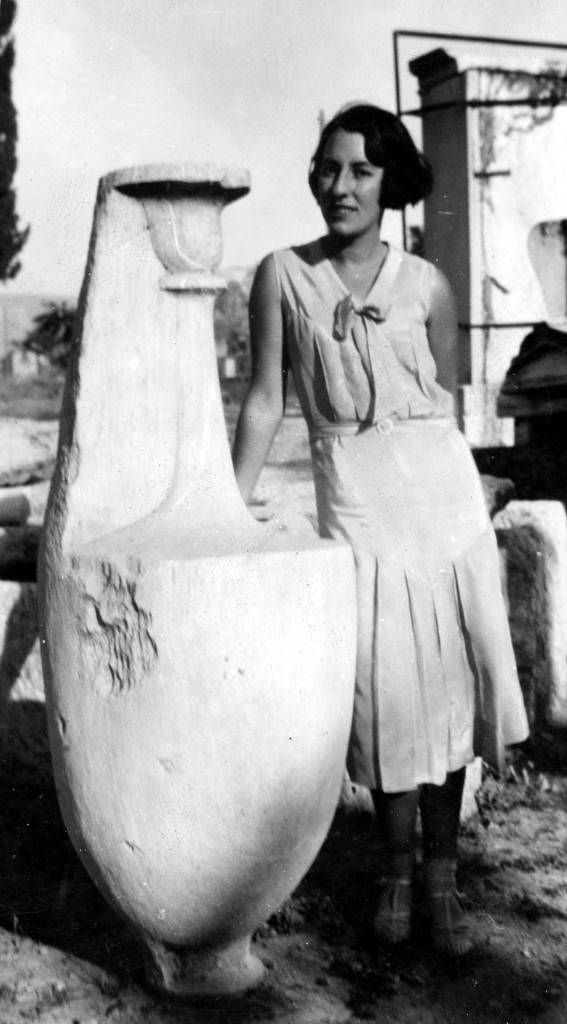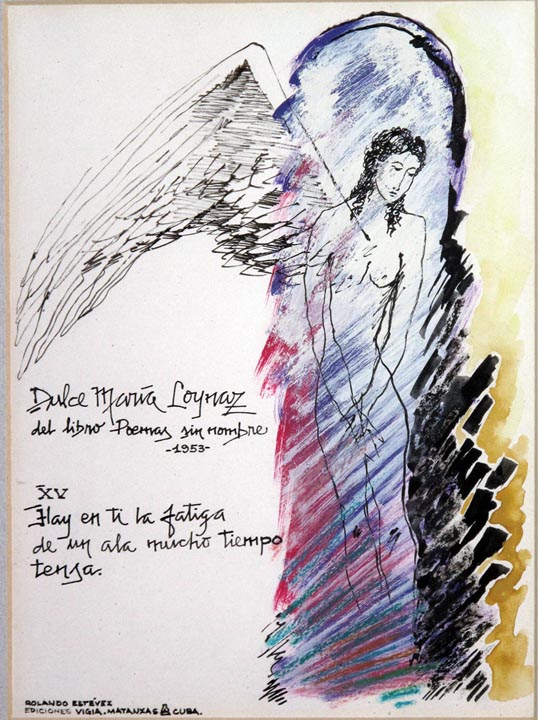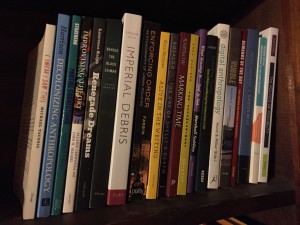[Savage Minds is honored to publish this essay by Talal Asad. He teaches anthropology at the CUNY Graduate Center and specializes on religion and politics in the Middle East and Europe.]
I have never visited Israel, or the occupied West Bank and Gaza, but I have several friends, Jews and Palestinians, who teach in universities there and joining the BDS movement does not entail breaking my friendship with them. But I am appalled by the repeated savage destruction of Gaza as well as the slow strangulation of Palestinian society living under occupation – including Gaza, a minute territory besieged by Israel for years by land, sea and air. I am disturbed by the fact that the majority of Israelis express strong support for the repeated Gaza assaults in which thousands of Palestinians have been killed, in which vastly superior weaponry has been used by the IDF against poorly armed opponents. There is much hysteria about “thousands of Hamas rockets falling on Israel” although virtually no damage has been inflicted on Israeli civilians and buildings as a consequence. And yet Israel always presents itself as the victim in these conflicts.

Israeli universities have not merely expressed approval of IDF’s violence in Gaza, but strengthened their practical links with it. Israeli society seems to have become increasingly militaristic and contemptuous towards the Palestinians under its control. It is the educational, cultural and news institutions that encourage racism toward Palestinians. Critics of BDS sometimes ask whether Israelis and Palestinians talking to each other isn’t more effective than boycott in changing views –whether it isn’t precisely academic institutions that provide the spaces where people with widely different points of view can come together to talk and argue without any preconditions. So isn’t the boycott of Israeli educational and cultural institutions a repudiation of free speech, they say? One answer to that might be that there is no value to endless talk between political opponents, especially where one side is not only far more powerful than the other but also regards it with contempt and hatred. It is widely remarked that the peace talks over the last two decades have completely failed. But in fact they have not. They have bought valuable time for colonizers – openly funded, encouraged, and protected by the Israeli state – to take over more Palestinian land and water, to intensify the punitive siege of Gaza, and to solidify Israel’s occupation of the West Bank. For peace talks to have a just outcome the parties have to be mediated by a third who is committed to seeing justice done. And this certainly hasn’t been the case in the so-called Peace Talks where the United States is the supposed “honest broker.” Continue reading



